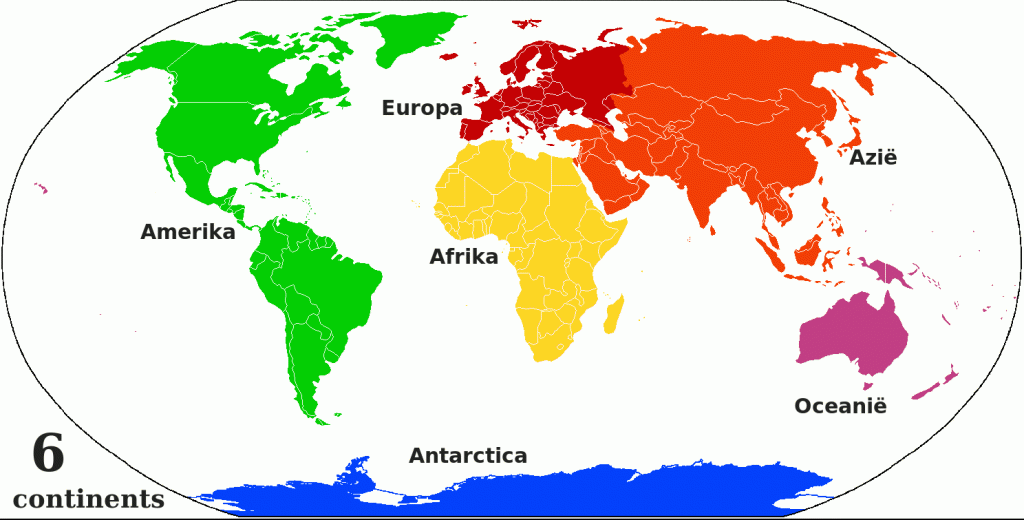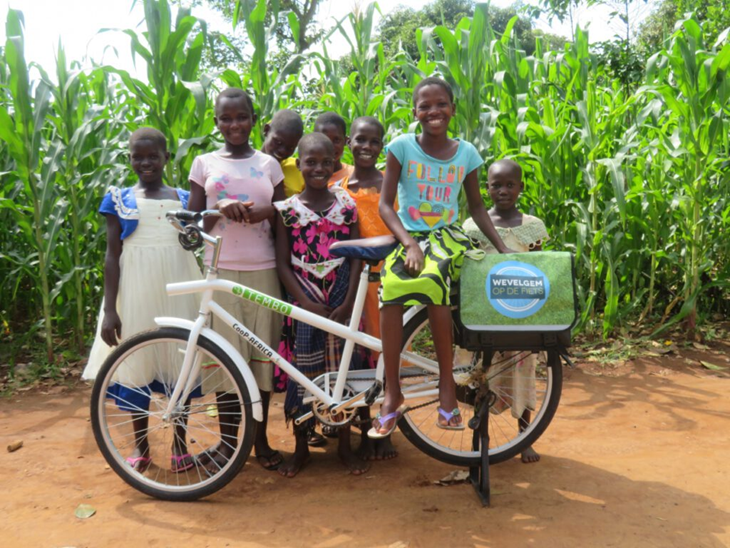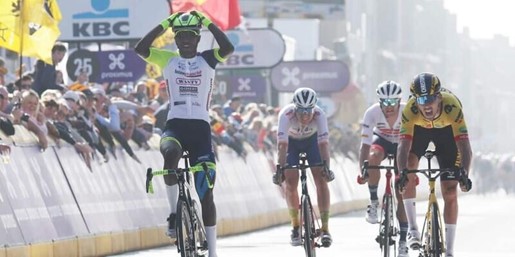Why a globalised cycling sport is necessary for the future
Tour de France 2020; the biggest race in the world will be represented by the continent of Asia with 2 riders. A continent where the greatest economic growth can be expected in the coming years.
The continent of Africa, which has a very young population, with many course crazy countries where cycling is by far the most popular sport, such as Eritrea, Rwanda, Ethiopia, etc was represented by……. 2 riders.
Both Asia and Africa are very interesting for the future of cycling; namely possible increase of potential big sponsors from Asia and increase of a big cycling audience from Africa.
Asia, where countries like China will see the number of multinationals continue to increase, which may contain potential sponsors for the future.
Africa, where the young population will have more and more opportunities, by seeing the disposable income increase, to follow cycling races via smartphones and other multimedia.
This will make it important in the future to train riders and give them opportunities up to world tour team level.
With the sport’s global solidarity with the Black Lives Matter movement this summer, we can only hope that this will give a boost to giving talented African youth a fair chance.
Why is it that countries where cycling is a priority, such as Rwanda, Eritrea, etc., do not succeed in getting cyclists to become professionals with at least a continental team?
This applies to both men and women.
In my opinion, this cannot be attributed to one specific individual or institution.
Institutions such as the UCI are even making great efforts to make cycling more international. They want to assign the World Championships to an African country in 2025, currently it is still between Morocco and Rwanda.
First and foremost, there is too little structure in African countries to train young people at club level, with a few exceptions such as Rwanda.
On the other hand, there are too few races on the African continent and the field of participants is too small due to lack of sufficient material (bicycles).
If one can only ride 5 races a year in the youth categories without being challenged by a lack of competition, the gap to the European youth riders is so big that it is usually impossible to bridge the gap.
Our European youth is also training more and more professionally with wattage meters and more and more call upon nutritional dieticians.
And despite the fact that cycling is immensely popular in certain African countries, most cycling federations in those countries are underwhelmed with supporting the sport.
Another problem is that the sponsors of cycling teams (continental, pro and world tour teams) are not, for the time being, companies with global markets, as is the case in football with sponsor companies such as Visa, Ford, Cocacola and others.
For the athletes who have talent, to offer them a challenge and a chance, for their families and loved ones, for the cycling diversity to continue as a world sport, so that this beautiful sport does not miss its future, Exotic Cycling Projects wants to continue its commitment.
Kris Spiesschaert







